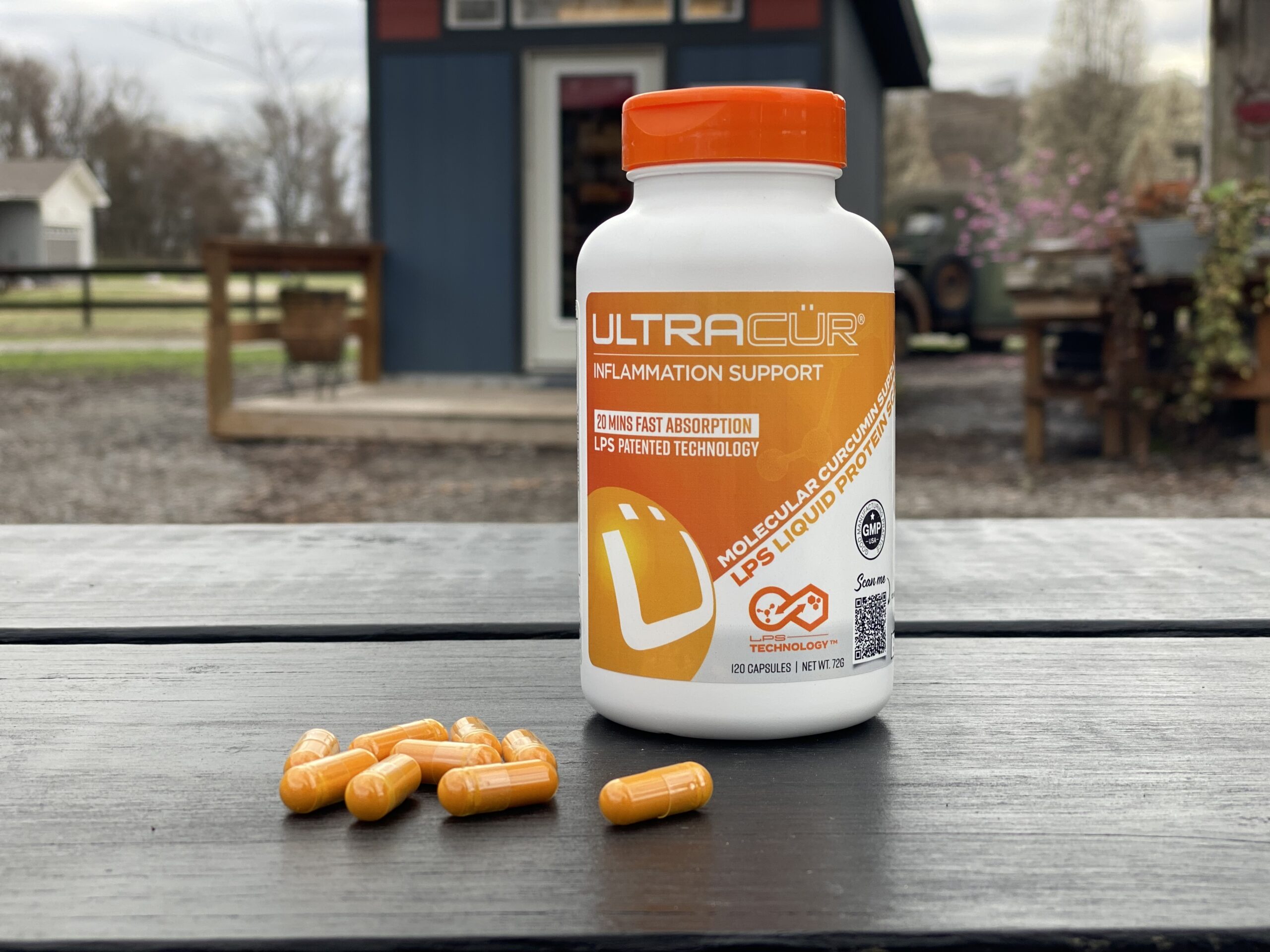
Big Deal, Especially for Pain
Most of us have heard of turmeric, the yellow-orange spice commonly used in Indian cuisine and touted as a supplement. Turmeric is a super supplement, and its benefits are largely attributed to curcumin, a potent antioxidant that dramatically reduces inflammation. Curcumin is the most well-known health-boosting compound found in turmeric, but it makes up only around 3% of turmeric and is notoriously difficult for the body to use.
Traditional cooking methods involve heating turmeric with fats from oil and butter, which makes it more available to the body. Another way is to incorporate black pepper. Unfortunately, the black pepper method may be problematic, as it’s connected to causing a leaky gut.
Turmeric and curcumin have been shown to be cancer-fighting products, not only because of their pain-reducing properties due to their inflammatory components but also because they are cancer stem cell killers [1]. Inflammation leads to mitochondrial dysfunction which is the common thread in cancer. Whether caused by toxins, viruses, heavy metals, hypoxia (low oxygen in tissue), or even radiation, mitochondrial dysfunction is the root cause of cancer. The key is getting the curcumin into the blood in a molecular form.
So, what can we do to take advantage of these benefits?
I became aware of UltraCur through an alternative cancer coach and mentor, who praised it as the best product he had ever come across. I ordered some for my family, and we began using it with massive results. The most significant impact that UltraCur has made is with pain reduction. It’s truly an incredible product.
UltraCur has developed a way to get a large percentage of curcumin into the body, without black pepper, by attaching the active ingredients to protein.
I’m not saying UltraCur will cure cancer. I’m not saying it will cure anything. What I’m claiming is that curcumin is proven, scientifically supported, for the reduction of pain and inflammation through multiple mechanisms [2]. And that UltraCur has figured out the best way to get it in the blood.
In this video, we visit with UltraCur inventor Adam Payne and CPE Josh Bellieu to learn more.
References
[1] https://pubmed.ncbi.nlm.nih.gov/24463298/
[2] https://pubmed.ncbi.nlm.nih.gov/32981501/
